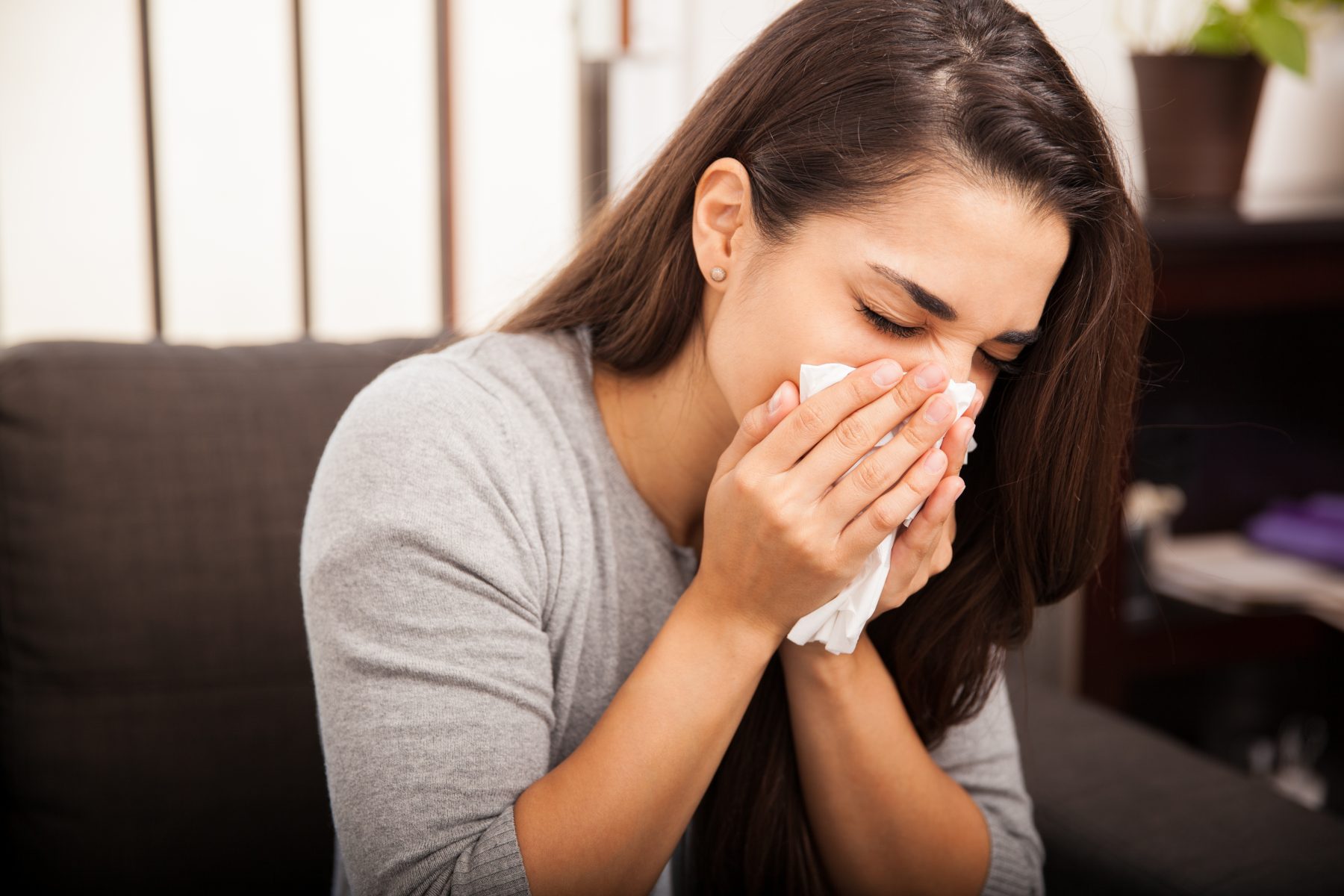
EP 45: What Causes Allergies?
It’s that time of year again…allergies are upon us! On this episode, Dr. Agolli and Dr. Burdette discuss:
- The different types of allergies.
- Signs and symptoms of allergies.
- What causes allergies?
- How do you keep your body from reacting to your environment?
- Types of allergy testing.
Allergies are caused by allergens, which are foreign substances that are not usually harmful except in people with the genetic predisposition to mount an exaggerated immune response. Allergens stimulate the immune system to produce a specific slew of antibodies (proteins that bind specific substances). The allergic responses appear 12 to 24 hours or more after exposure to an antigen.
The immune system produces substances known as antibodies when you have allergies. When you have allergies, your immune system makes antibodies that identify a particular allergen as harmful. These antibodies then signal your immune system to release histamine and other chemicals into your bloodstream, causing a range of symptoms.
Allergens bind to antibodies that the body produces called immunoglobin E (IgE)1. Antibodies combat foreign and potentially harmful substances in the body1. Once the allergen binds to IgE, specific types of cells — including mast cells — will release chemicals that trigger the symptoms of the allergic reaction1. Allergic reactions begin in your immune system2. When a harmless substance such as dust, mold, or pollen is encountered by a person who is allergic to that substance, the immune system may overreact by producing antibodies that “attack” the allergen2. This can cause wheezing, itching, runny nose, watery or itchy eyes, and other symptoms2.
Allergy symptoms can be categorized as mild, moderate, or severe. Mild allergy symptoms can include a rash, localized itching, and congestion, for instance. Moderate allergic reactions can include symptoms that spread to other parts of the body, including widespread itching and difficulty breathing. Severe allergic reactions can cause anaphylaxis which is a life-threatening reaction.
Symptoms of an allergic reaction can include a runny nose or sneezing, pain or tenderness around your cheeks, eyes or forehead, coughing, wheezing or breathlessness, itchy skin or a raised rash (hives), diarrhea, feeling or being sick, and swollen eyes, lips, mouth or throat.
